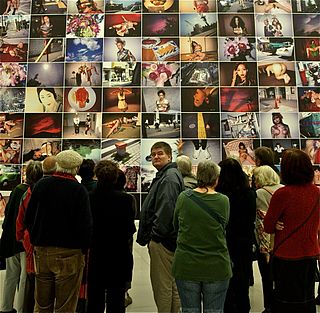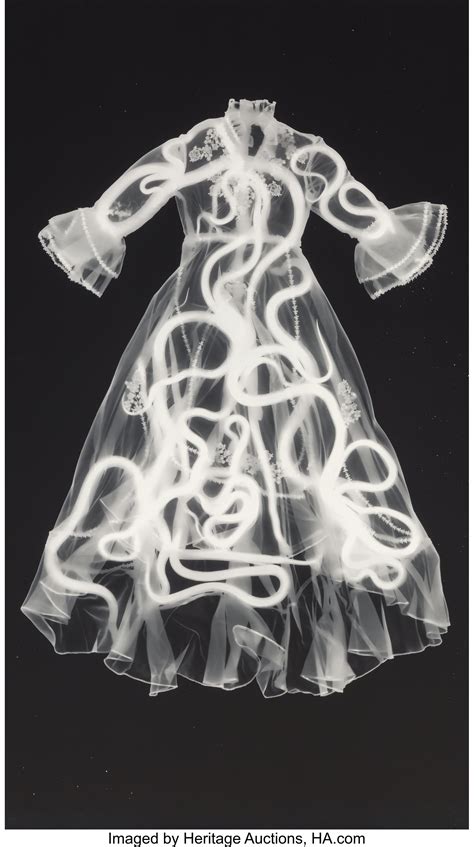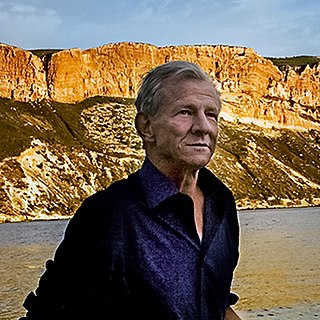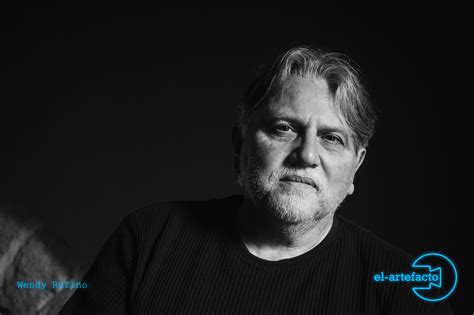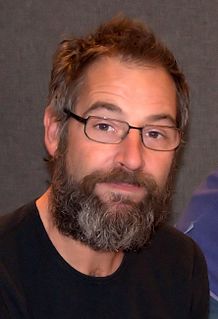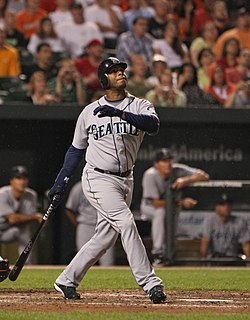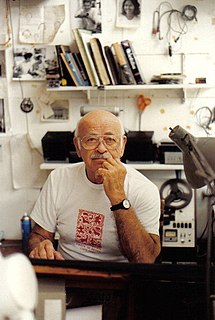A Quote by Nobuyoshi Araki
Don't you think that it is necessary to have a sense of brutality in photography?
Quote Topics
Related Quotes
I don't think it's necessary to put your feelings about photography in words. I've read things that photographers have written for exhibitions and so forth about their subjective feelings about photography and mostly I think it's disturbing. I think they're fooling themselves very often. They're just talking, they're not saying anything.
I was attracted to photography because it was technical, full of gadgets, and I was obsessed with science. But at some point around fifteen or sixteen, I had a sense that photography could provide a bridge from the world of science to the world of art, or image. Photography was a means of crossing into a new place I didn't know.
To speak technically photography is the art of writing with light. But if I want to think about it more philosophically, I can say that photography is the art of writing with time. When you capture an image you capture not only a piece of space, you also capture a piece of time. So you have this piece of specific time in your square or rectangle. In that sense I find that photography has more to do with time than with light.
I don't know that there were any rules for documentary photography. As a matter of fact, I don't think the term was even very precise. So as far as I'm concerned, the kind of photography I did in the FSA was the kind of photography I still do today, because it is based on passionate concern for the human condition. That is the basis of all the work that I do.
